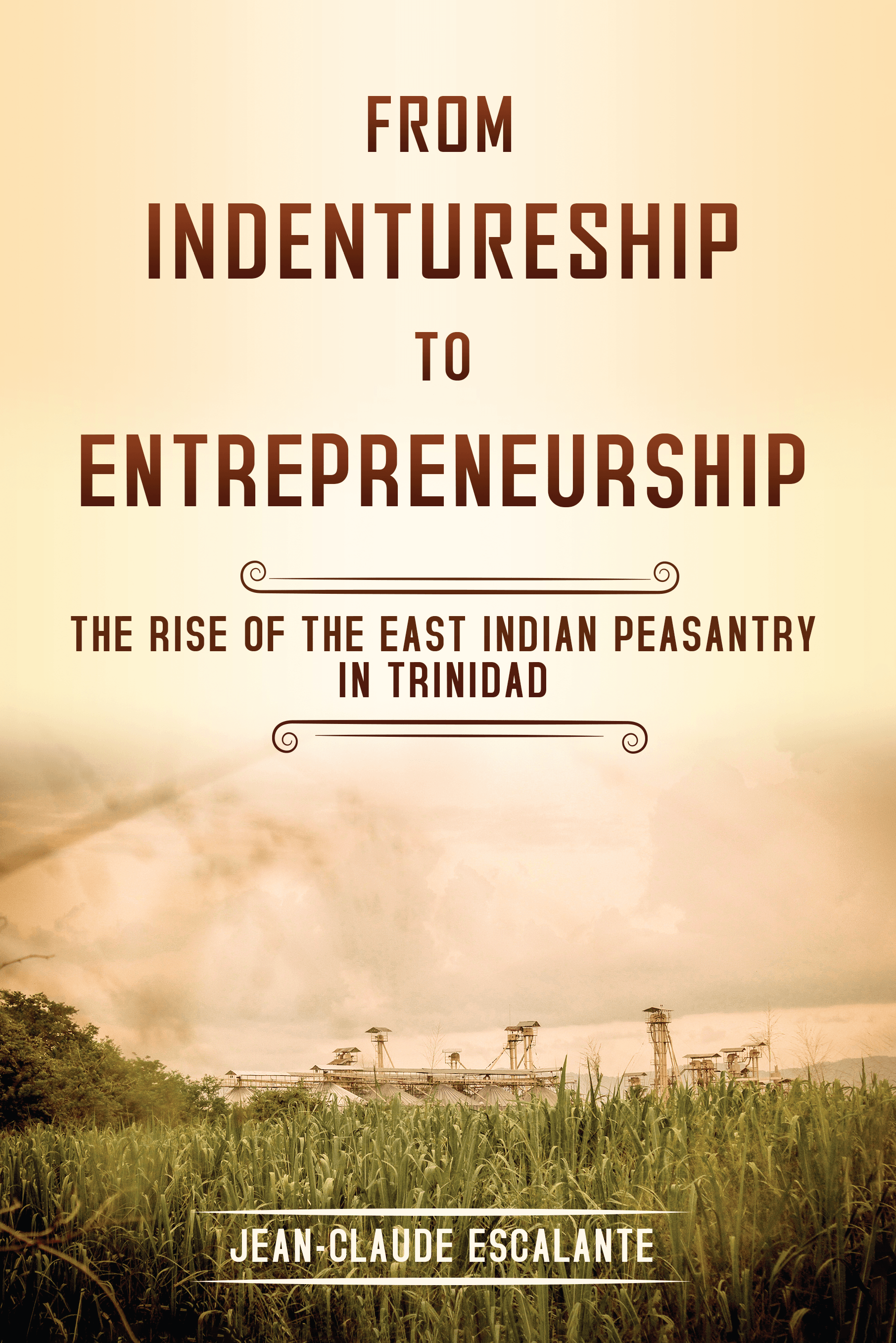By Jean-Claude Escalante
jeanclaude_escalante@hotmail.com
The journey of what is now the largest ethnic group in Trinidad began as an experiment after the abolition of the British slave trade left the planters scrambling for labour. Between 1845 and 1917, over 140,000 East Indians were brought to Trinidad to work on sugar plantations for just 25 cents a day - sometimes less. Since then, East Indians have risen among some of the most prominent members in society excelling in business, education and politics.
From Indentureship to Entrepreneurship is not an historical re-telling of events but rather a work of analysis. The success of Indians in Trinidad has often been attributed to certain "advantages" or "privileges'" that the system of indentureship seemingly provided. This book challenges these social dogmas of the intelligentsia. It examines the success of Indians in Trinidad by looking at cultural factors instead, many of which can also be found in other successful ethnic groups around the world such as the overseas Jews, Chinese and Lebanese. Its focus is, therefore, international in scope unlike the works of most Trinidadian scholars who are often insular in their thinking.
Some of the questions this book answers are: Why did the Indians come to Trinidad? Can indentureship and slavery be compared? Did land grants give Indians a head start on Africans? Are Indians discriminated against? Were all the indentured Indians low caste? Did the Indians save the economy? How have Indians managed to retain their culture? Why have Indians been politically underrepresented for so long? Why are Indians so successful in academia today?


